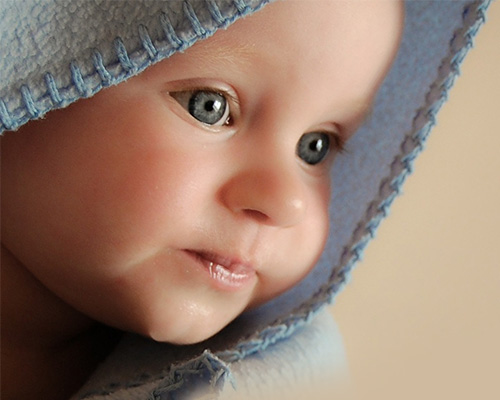
The team at our Fertility Center & Applied Genetics performs comprehensive testing to determine which of the causes of female infertility is interfering with conception. Our award-winning reproductive doctors will use these test results to develop a customized treatment plan that is designed to meet each patient’s family-building goals as quickly and inexpensive, as possible.

Your Next Step:
Get your consultation time
by clicking the button below
or by calling 941-342-1568.